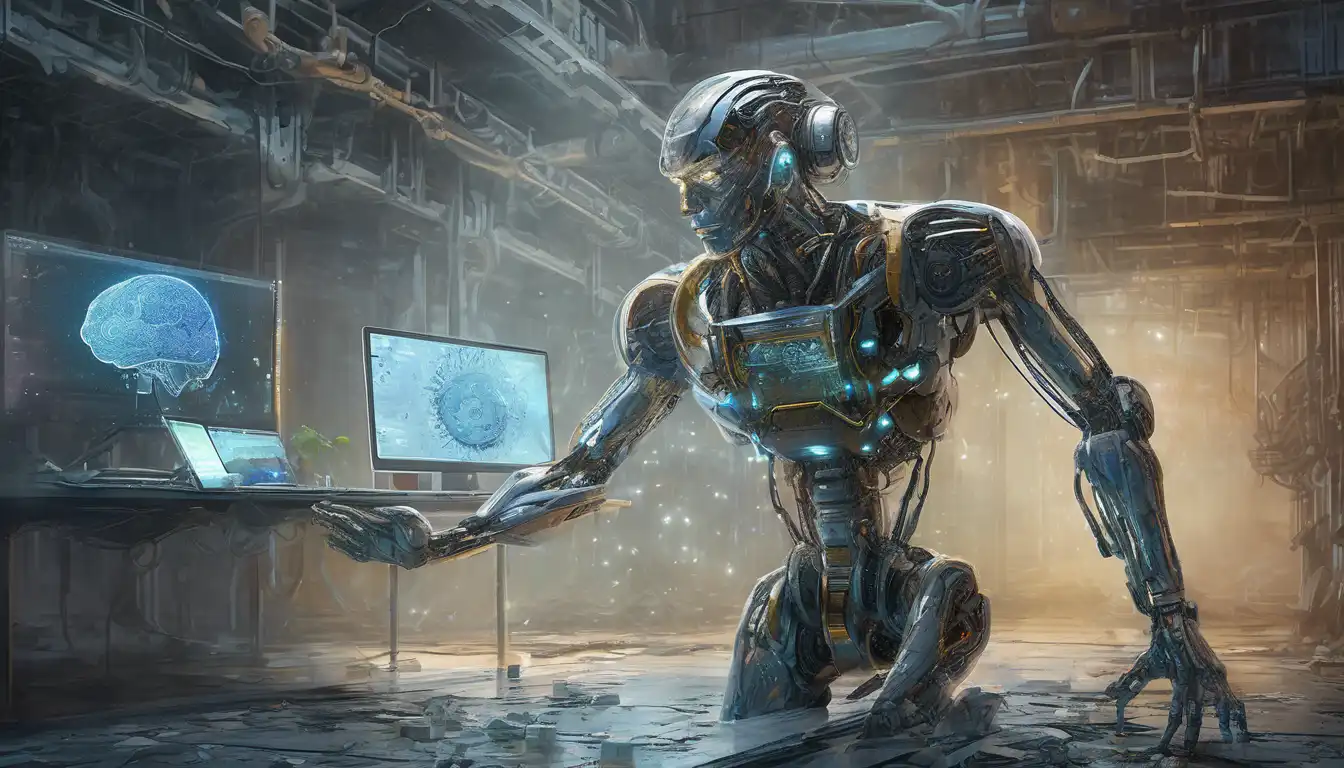Introduction to Artificial Intelligence
Artificial Intelligence (AI) has become a cornerstone of modern technology, influencing everything from how we interact with our smartphones to the way businesses operate. Despite its widespread application, there are numerous myths surrounding AI that often cloud the public's understanding of its capabilities and limitations. This article aims to separate fact from fiction, providing a clear-eyed view of what AI truly is and what it can do.
Myth 1: AI Can Think and Feel Like Humans
One of the most pervasive myths about AI is that it possesses human-like consciousness and emotions. In reality, AI operates based on algorithms and data inputs. It can simulate aspects of human thought processes, but it does not experience feelings or possess self-awareness. For more insights into how AI works, check out our guide on understanding AI.
Myth 2: AI Will Replace All Human Jobs
While AI is transforming the job market, the idea that it will render human workers obsolete is an exaggeration. AI excels at automating repetitive tasks and analyzing large datasets, but it lacks the creativity, emotional intelligence, and critical thinking skills that many professions require. Instead of replacing jobs, AI is more likely to augment human work, creating new opportunities and industries.
Myth 3: AI Is Infallible
Another common misconception is that AI is always accurate and unbiased. However, AI systems are only as good as the data they're trained on. Poor quality or biased data can lead to flawed outcomes. It's crucial to approach AI with a critical mind, recognizing its potential for error and the importance of human oversight.
The Reality of AI's Potential
Despite these myths, AI's potential to benefit society is immense. From healthcare diagnostics to environmental protection, AI can process information at a scale and speed beyond human capability, offering solutions to some of the world's most pressing challenges. The key is to harness AI responsibly, with an understanding of its strengths and limitations.
Conclusion
Artificial Intelligence is a powerful tool, but it's not the all-knowing, all-capable entity that some myths suggest. By debunking these misconceptions, we can have more informed discussions about AI's role in our lives and how to leverage its potential ethically and effectively. For further reading, explore our section on AI ethics.
